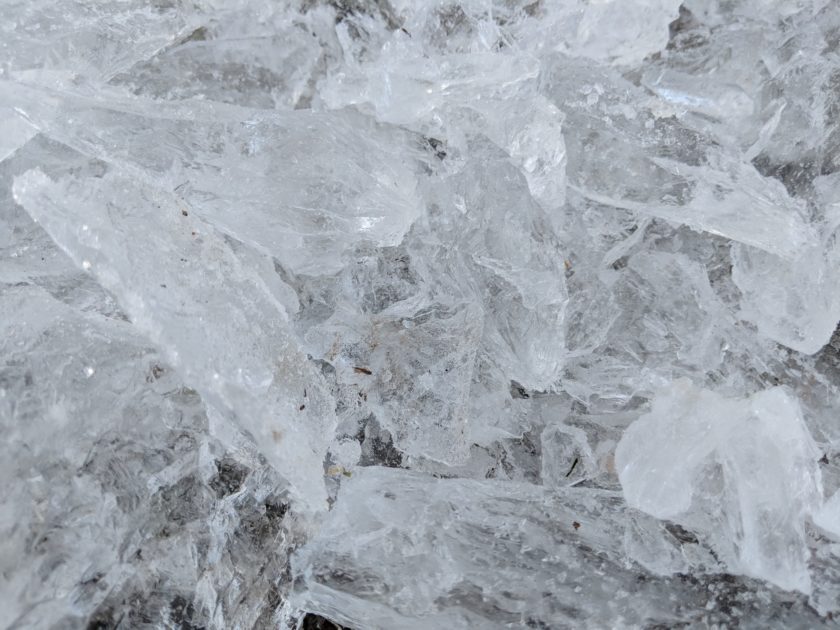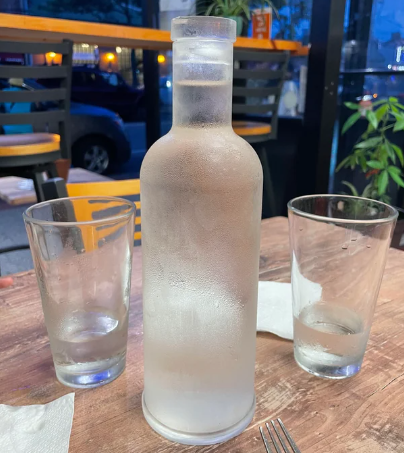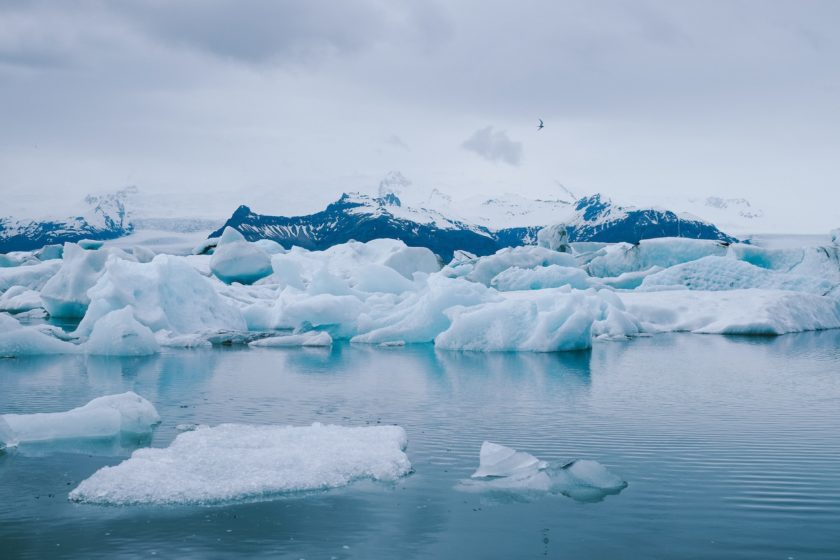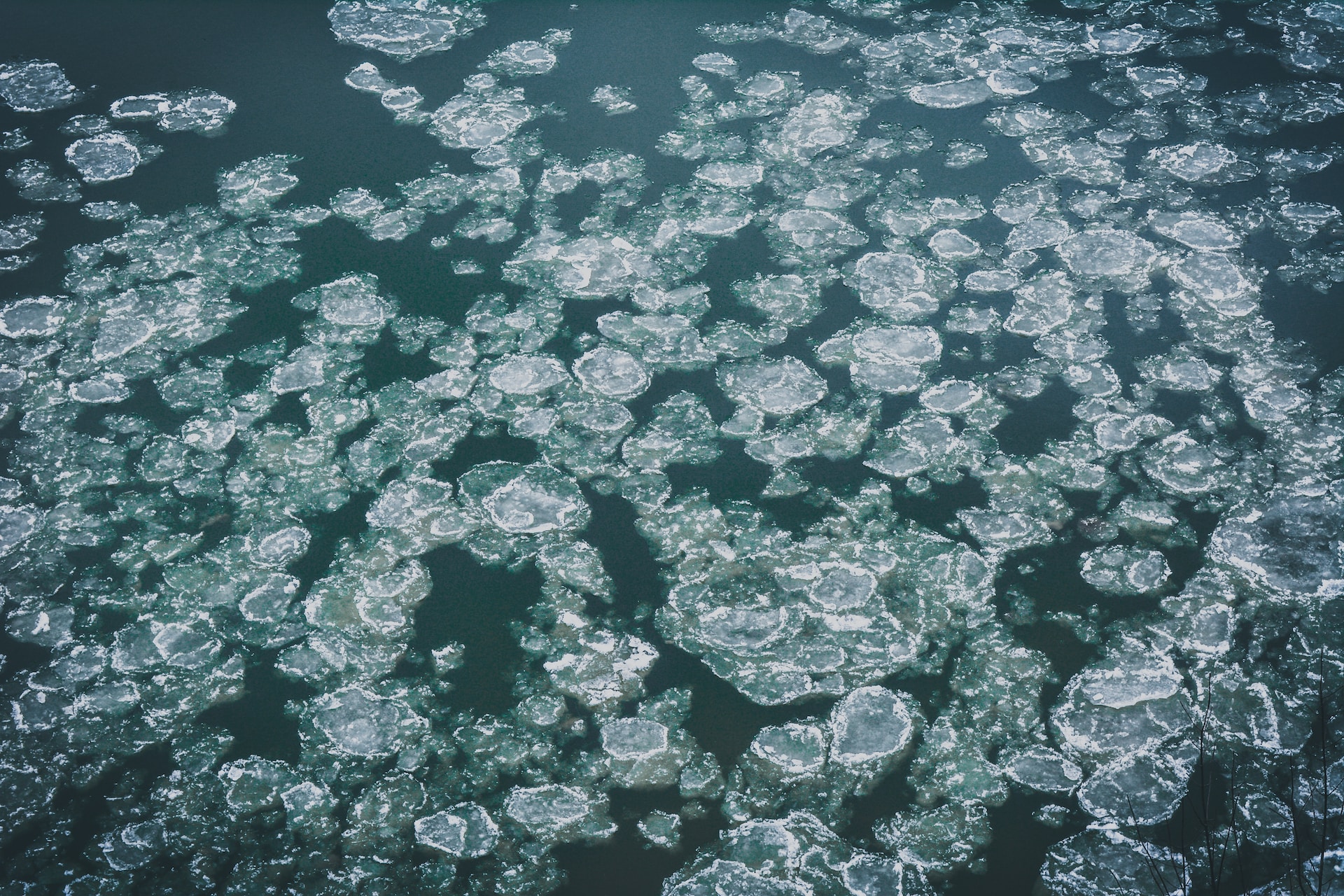Water can be found in 3 states of matter: liquid, solid, and gas. Our primary concern lies with the solid state of water which is ice. If you have ever wondered how long it takes for water to become solid ice and at what temperature, you have come to the right place.
It all starts with the question, “how long does it take for water to freeze?” The answer depends on various factors such as the quantity of water, the temperature of the surroundings, and the container in which it is stored. In this article, we are going to discuss all of these factors and answer your question.
How Long Does it Take Water to Freeze in The Freezer?

If you want to freeze water quickly, your refrigerator’s freezer compartment is the best option. The freezing point of water is 32° Fahrenheit or 0° Celsius. The standard temperature of most home freezers is set at 0° F (-18° C), so it is well below freezing point. In these conditions, water will freeze in about 1-3 hours.
One of the major factors which determine the time it takes to freeze water is the quantity. Here is a rough estimate of how long it takes to freeze different quantities of water:
One cup (237 ml) of water – 30 to 60 minutes
One pint (473 ml) of water – 1 – 2 hours
One quart (946 ml) of water – 2 – 4 hours
One gallon (3.8 litres) of water – 8 – 16 hours
However, there are various other factors like the temperature of water and its purity before freezing which can either accelerate or delay the freezing process.
The Science Behind Freezing Water
Did you know that it takes a chemical reaction to freeze liquid water? Yes, it is the act of changing its state of matter.
Like all objects in existence, water is made up of molecules. In its liquid state, water molecules are loosely packed and move freely. However, applying cold to liquid water will make the atoms start to slow down and move closer together.
When exposed to frost and freezing temperatures, the atoms and molecules in water start to crystallize by slowing down and hooking on to each other. The molecules in solid ice are packed tightly together with little to no mobility.
In addition to the change in the state of matter, freezing also makes ice expand and become less dense than water; this is the reason why ice can float on water.
Also Read: A Magical Place In Bolivia That Looks Like Heaven Where The Ocean Meets The Sky
How Long Does it Take to Freeze Water in Ice Trays?
The water container’s capacity is a major determinant of the time it takes, meaning the more water there is, the longer it takes for it to freeze.
Since ice trays are shallow containers, ice starts to form within the frist hour. Although, for the water to completely freeze into solid ice, it could take 3-4 hours. The freezing process also depends on the size and shape of your ice tray.
How Long Does it Take to Freeze a Bottle of Water?

As discussed before, the capacity of the container and the quantity of water determines the time it takes the water to freeze. If you are looking to freeze an entire bottle of water, it might take you longer than the time it takes to freeze an ice tray.
If your freezer is set at 0° F, a standard-sized bottle of water will take around 4-5 hours to freeze completely. Alternatively, you can also try lowering the temperature of your freezer to expedite the freezing process.
How Long Does it Take for Large Water Bodies to Freeze?

Freshwater Bodies
Your freezer has a controlled temperature so you can freeze water easily in a couple of hours, but what about ponds, lakes, oceans and other bodies of water which exist in nature?
For a natural body of water to freeze over, its size, depth and salinity have a lot to do with its freezing rates. At consistent sub-zero temperatures, it takes an average of 4 days for a freshwater body to form a layer of ice on its surface.
If you are planning to walk or ski over a frozen lake, ensure that the ice is at least 4 inches thick. To measure the thickness of ice, you can drill a hole through the top and measure it with a ruler.
The expansion of ice also helps insulate the living organisms in the lake, thus protecting them from the freezing temperatures above the surface.
Also Read: Limitations and Solutions with Rubber Surfacing
Saltwater Bodies
Does salt water freeze? Yes, it can. However, salt water requires lower temperatures than fresh water to freeze. Ocean water can freeze at 24.8° F, almost eight degrees cooler than the necessary 32° F needed for fresh water to freeze.
What’s interesting about freezing salt water is that the process removes the salt, as only the water freezes. Doing so also creates fresh water. Currently, 15% of the ocean or 10 million square miles of the Earth is covered by frozen ice (galciers), with the average ocean temperature falling at 38.3° F.
The salt level of the ocean varies, although on an average, there are 35 grams of salt for every 1000 units of water. The higher the salt content in water, the lower the temperature it takes to freeze it.
How to Freeze Water Faster?
If you are in a pinch for time, worry not, because there is a way to freeze water faster. Again, science comes to our rescue here. Water which is either very hot or very cold freezes faster than lukewarm or room temperature water; this phenomenon is called the Mpemba effect.
Although the effects of the Mpemba effect have been proven to be effective, the reason why it occurs is still up for debate. So, the next time you have forgotten to load your ice cube tray in time, boil or freeze some water and load up the ice tray.
Also Read: 24 Amazing Photos From The Coldest Inhabited Place On Earth
Conclusion
To wrap things up, the freezing rates of water depends on a range of factors like the capacity of the container, and surrounding temperature. In your home freezer, you can expect your ice cube tray to freeze up within 4 hours of filling it. You can also employ the Mpemba effect to expedite the freezing process.

